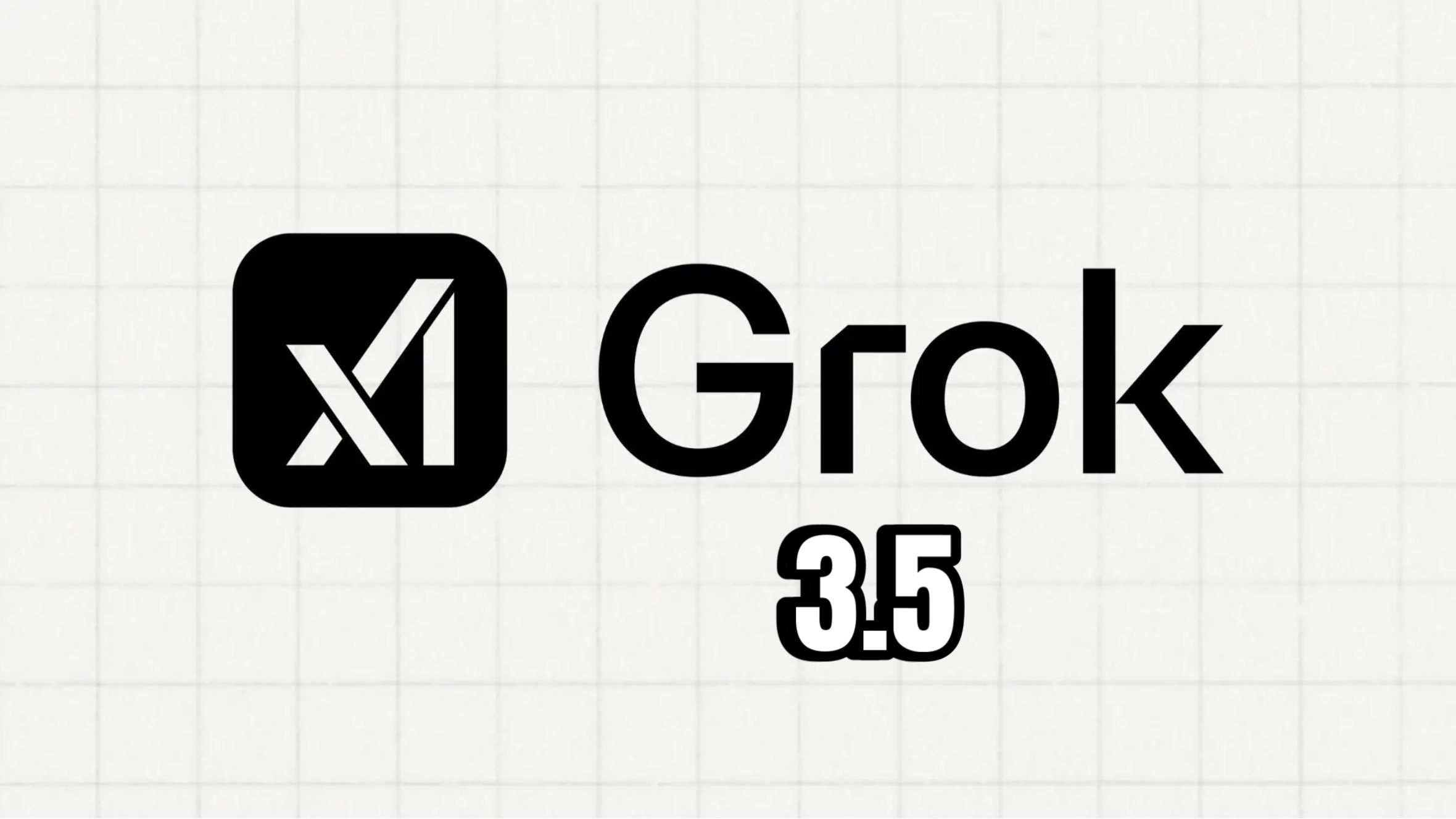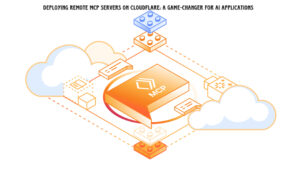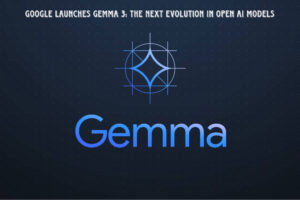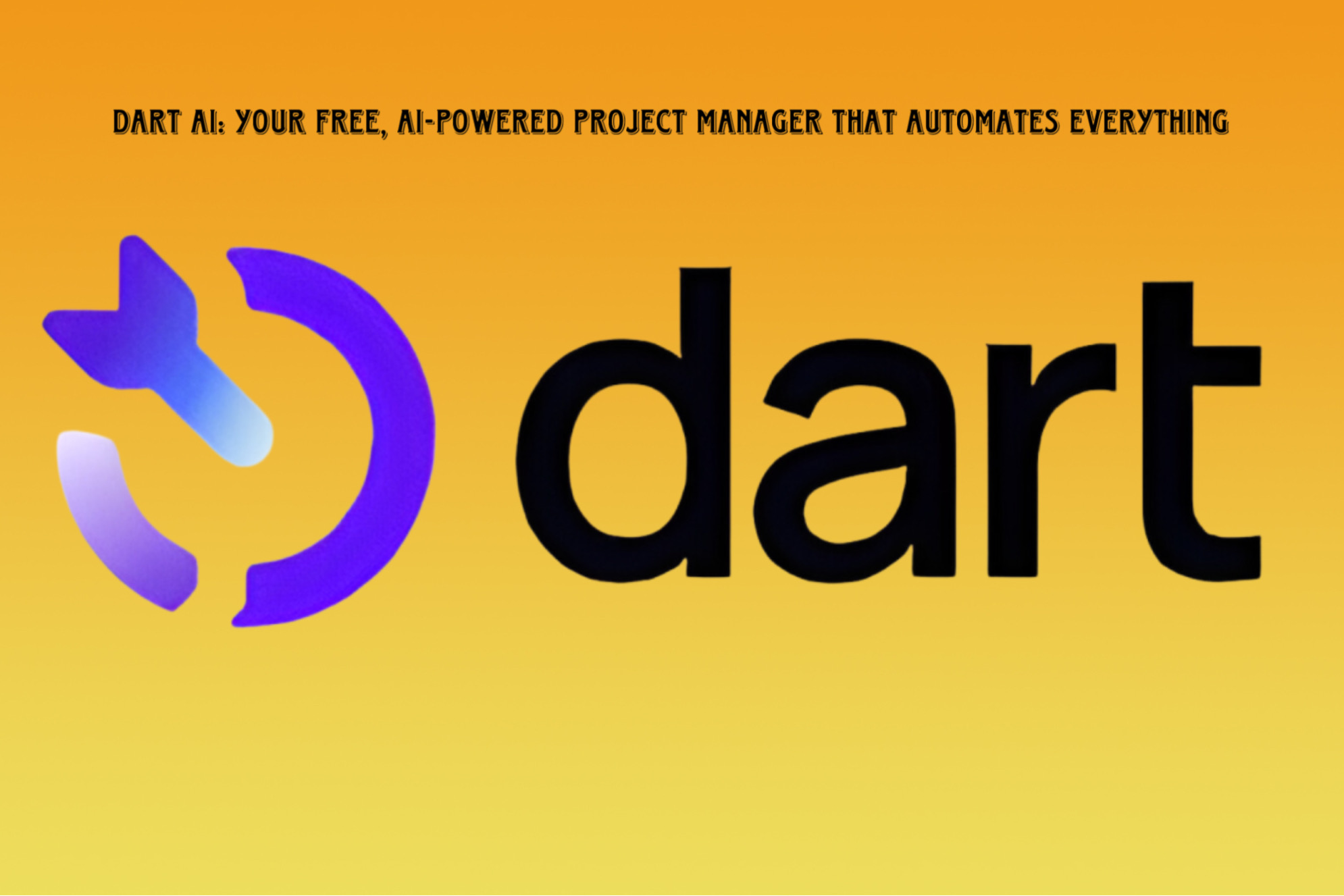The AI landscape is buzzing with anticipation for the upcoming release of Grok 3.5, the latest iteration of xAI’s large language model. Following the impressive, albeit sometimes controversial, performance of its predecessor, Grok 3, all eyes are on whether Grok 3.5 can truly revolutionize the field.
Microsoft Partnership and Potential Scale
Adding fuel to the fire, reports suggest that Microsoft is preparing to host Grok 3.5 on its Azure AI Foundry. This is the same infrastructure that supports behemoths like Deepseek, hinting at the immense scale and potential capabilities of the new model. Such a move signifies a serious commitment to making Grok 3.5 a dominant force in the large-scale AI arena.
Elon Musk’s Bold Claims and Early Beta Access
Elon Musk himself has stoked the excitement by announcing that Grok 3.5 will enter early beta this week, exclusively for Super Grok subscribers. His claims about its capabilities are nothing short of revolutionary. Musk asserts that Grok 3.5 will be “the first AI capable of answering deeply technical questions like those about rocket engines or electrochemistry,” going beyond simple information retrieval to generate novel insights through “first principle reasoning.”
The Intriguing Leak: Aerospace Expertise?
Adding another layer of intrigue, a reported leak from an XAI developer on GitHub seemingly exposed over 60 private Grok models fine-tuned with internal data from X, Tesla, and SpaceX. While the authenticity of this leak remains unconfirmed, it suggests that Grok 3.5 could be infused with specialized knowledge in aerospace and rocketry. The leaked models reportedly included “Grok 2.5V” (an unreleased version), a “tweet rejector model,” and a “Grock SpaceX model,” further hinting at custom training for specific Musk projects. If Grok 3.5 inherits this specialized training, it could possess an unprecedented ability to tackle complex technical problems.
First Principle Reasoning: A Paradigm Shift?
A key focus of the anticipation surrounding Grok 3.5 is its purported ability to employ “first principle reasoning.” This approach to problem-solving involves breaking down issues to their most fundamental truths and building solutions from there, rather than relying on analogies or existing patterns.
Most current large language models, including GPT and Claude, primarily operate by predicting the statistical likelihood of word sequences. While effective for tasks like summarization and common knowledge retrieval, this approach can falter when faced with novel, complex technical questions lacking direct training data. First principle reasoning aims to overcome this limitation by enabling the AI to logically deduce answers based on fundamental principles.
Grok 3 reportedly made strides in this direction, achieving impressive benchmark scores in areas requiring logical reasoning. If Grok 3.5 builds upon this foundation with specialized training data and increased computational power (potentially backed by XAI’s growing GPU supercluster), it could represent a significant leap towards more intelligent and reliable AI, especially in STEM fields.
Speculated Capabilities and Benchmark Leaks
While official details are scarce, the combination of Musk’s statements and the reported leaks suggests that Grok 3.5 might possess the following capabilities:
- Advanced Reasoning: Excelling in complex technical domains like rocket science and electrochemistry.
- First Principle Reasoning: Deriving insights from fundamental truths rather than just recalling information.
- Handling Technical Language: Understanding and processing highly specialized terminology.
- Safety-Critical Decision Logic: Potentially capable of reasoning in scenarios where accuracy is paramount.
- Generalist Super Intelligence: Improved performance in math, physics, and logic.
- System Thinking and Multi-Step Planning: Understanding complex systems and devising multi-stage solutions.
Leaked benchmark scores, while unverified and treated with skepticism by some, reportedly show Grok 3.5 outperforming Grok 3, Gemini 2.5 Pro, and Claude 3 across various math and science benchmarks. However, it’s crucial to approach these scores with caution until official results are released.
Implications for the AI Landscape
If even a portion of the claims and leaks surrounding Grok 3.5 prove accurate, it could indeed be a transformative model. Its potential for advanced reasoning and problem-solving in technical domains could open up new possibilities for AI applications in science, engineering, and beyond. While the API availability for Grok models has been a limitation in the past, the sheer intelligence and reasoning capabilities of Grok 3.5 could make it a highly sought-after tool, potentially pushing the boundaries of what we expect from AI.
As the early beta unfolds and more information becomes available, the world will be watching to see if Grok 3.5 truly marks the dawn of a new era of reasoning AI.



